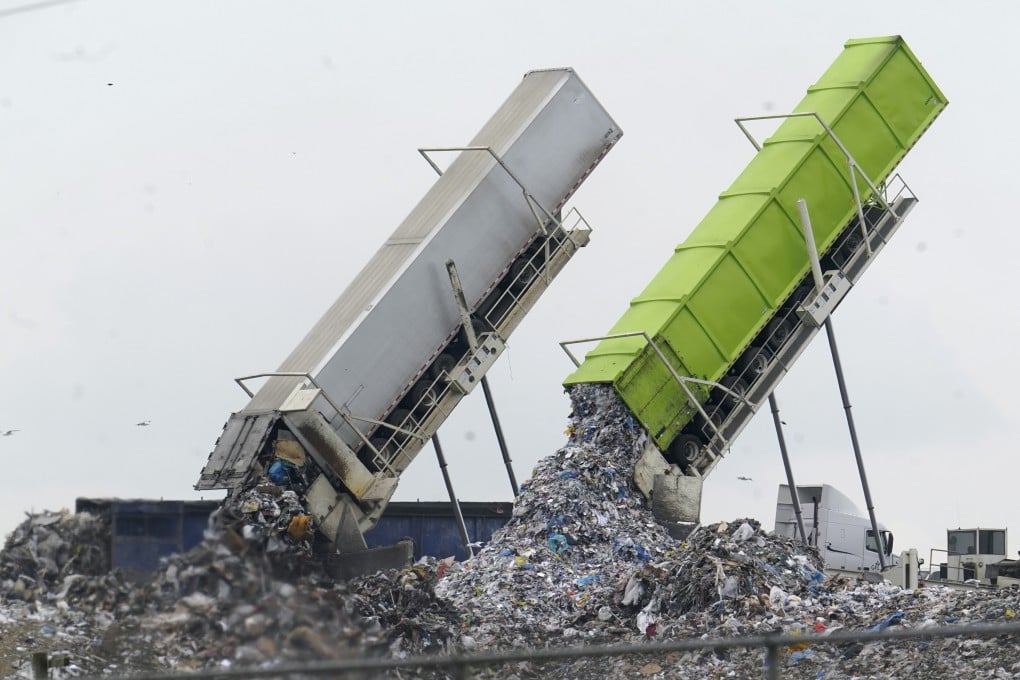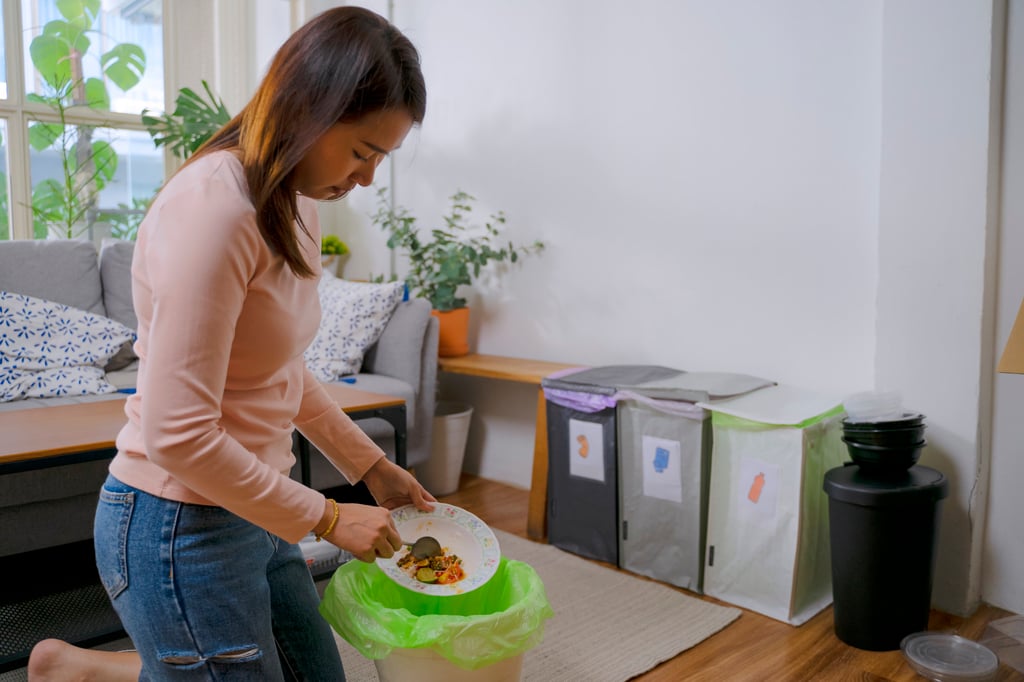Can Macau teach Hong Kong how to tackle food waste? Most residents are willing to pay for disposal
- Growing awareness of domestic food waste has led to many Macau residents saying they are willing to pay for its disposal, avoiding methane-producing landfills and incinerators that also pollute
- Residents can take their waste to a central point, from where it is taken to be made into fertiliser – avoiding methane-producing landfills and incinerators that also pollute

Macau is one of the most densely populated places in the world. Its population of just under 700,000 is buttressed by around 30 million tourists per year, everyone sharing just 33 square kilometres of land.
All those people produce an awful lot of waste. According to the latest “State of the Environment of Macau” report by the Directorate of Environmental Protection Services, the city disposed of 436,828 tonnes of solid waste in 2022, averaging out to around 1.77 kilograms per resident per day.

Unsurprisingly, given the city’s huge tourist industry, food accounts for 40 per cent of all of that waste, so addressing this will be crucial to making a big environmental impact overall. Not only will this decrease absolute volumes but when biodegradable waste rots – in a landfill, for instance – it produces methane, a powerful greenhouse gas many times more damaging to the atmosphere than carbon dioxide, albeit far less long-lasting.
The alternative method of disposal is to burn the food, which puts extra pressure on incinerators as it contains high levels of moisture, and thus increases air pollution.
The best solution is to decrease the volume of food wasted. Separating food waste from other waste has its own challenges though, including the need to educate all residents, restaurants and hotels, and to set up specific systems to deal with the resulting organic waste.

Happily, perceptions in Macau’s restaurant kitchens are now changing. Chefs are often being more careful in sourcing ingredients, with a focus on quality, which translates into kitchens using ingredients more purposefully. Even AI-based approaches are being tried.